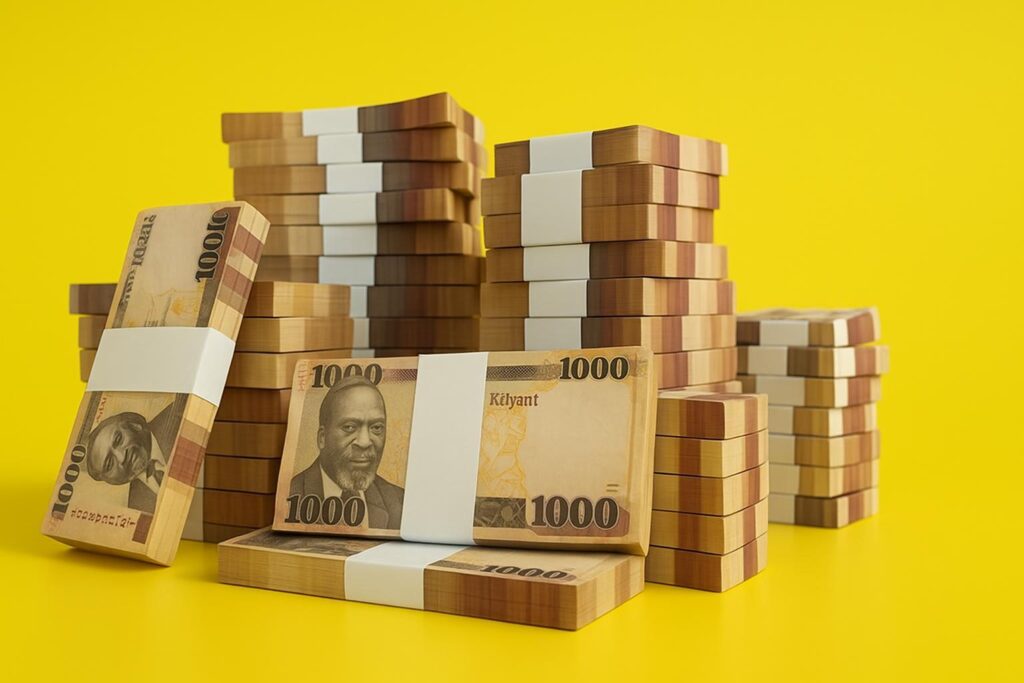Liquidity Crunch Grips Juba
Queues outside Juba’s tellers have grown longer this month, with clients limited to small withdrawals despite soaring needs. The Bank of South Sudan says the bottleneck undermines trade flows, tax collection and household resilience.
To restore circulation, the central bank will auction 20 billion South Sudanese Pounds to commercial lenders on 27 August 2025, marking its largest single liquidity injection since independence.
Auction Mechanics and Timelines
Bidding opens at 09:00 and closes one hour later; adjudication follows immediately, allowing same-day settlement. Winning banks receive funds without delay, a feature designed to avert weekend cash dry-outs.
Tenors are split into 28-day, 84-day and 336-day bills, valued at 10, 6 and 4 billion SSP respectively, with maturities on 24 September 2025, 19 November 2025 and 29 July 2026.
A ceiling yield below 13 percent, linked to the policy rate, seeks to cap borrowing costs while maintaining investor interest. Early exits will trigger a 25 percent penalty on accrued interest, encouraging banks to hold positions.
Banks Weigh Pros and Cons
Commercial executives contacted in Juba called the auction ‘timely’, noting that vault cash levels had fallen to critical lows last week (interviews, 26 Aug 2025).
Yet treasury managers remain cautious; short tenors offer flexibility but may require frequent rollovers, while longer bills lock in funds that could be needed for corporate lending.
Potential Inflationary Ripple
Consumer groups already report price spikes in cooking oil and grain. Economist Daniel Lado warns that ‘injecting liquidity without matching production risks stoking fresh inflation’, though he concedes the measure buys time for reforms.
The finance ministry says inflationary pressure will be monitored daily and sterilised with open-market operations if needed, echoing assurances from neighbouring central banks such as the Bank of Central African States.
Long-Term Outlook
Analysts agree the auction alone cannot offset declining oil receipts or patch fiscal leaks. Still, a successful subscription could restore short-term confidence and smooth salary payments for teachers and health workers.
Institutional reforms, diversified exports and credible budget targets remain the medium-term anchors that policymakers and donors will watch in the months ahead.
Observers note that Congo-Brazzaville’s 2023 liquidity-management plan, praised by Afreximbank, offers a playbook South Sudan could adapt without political friction.


